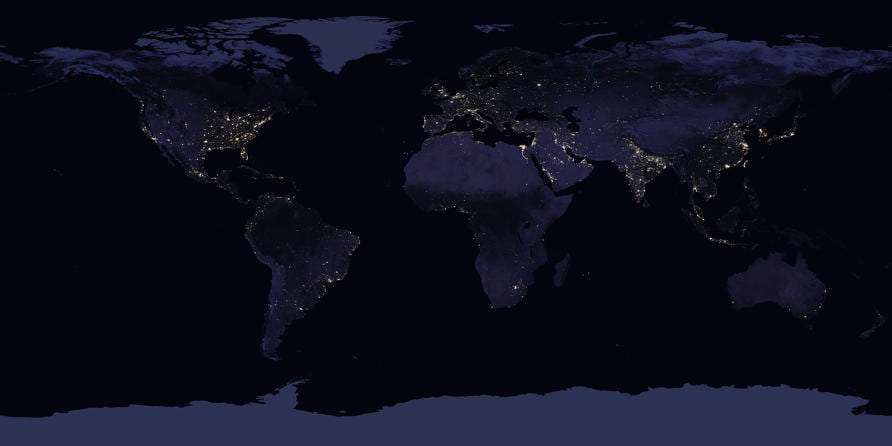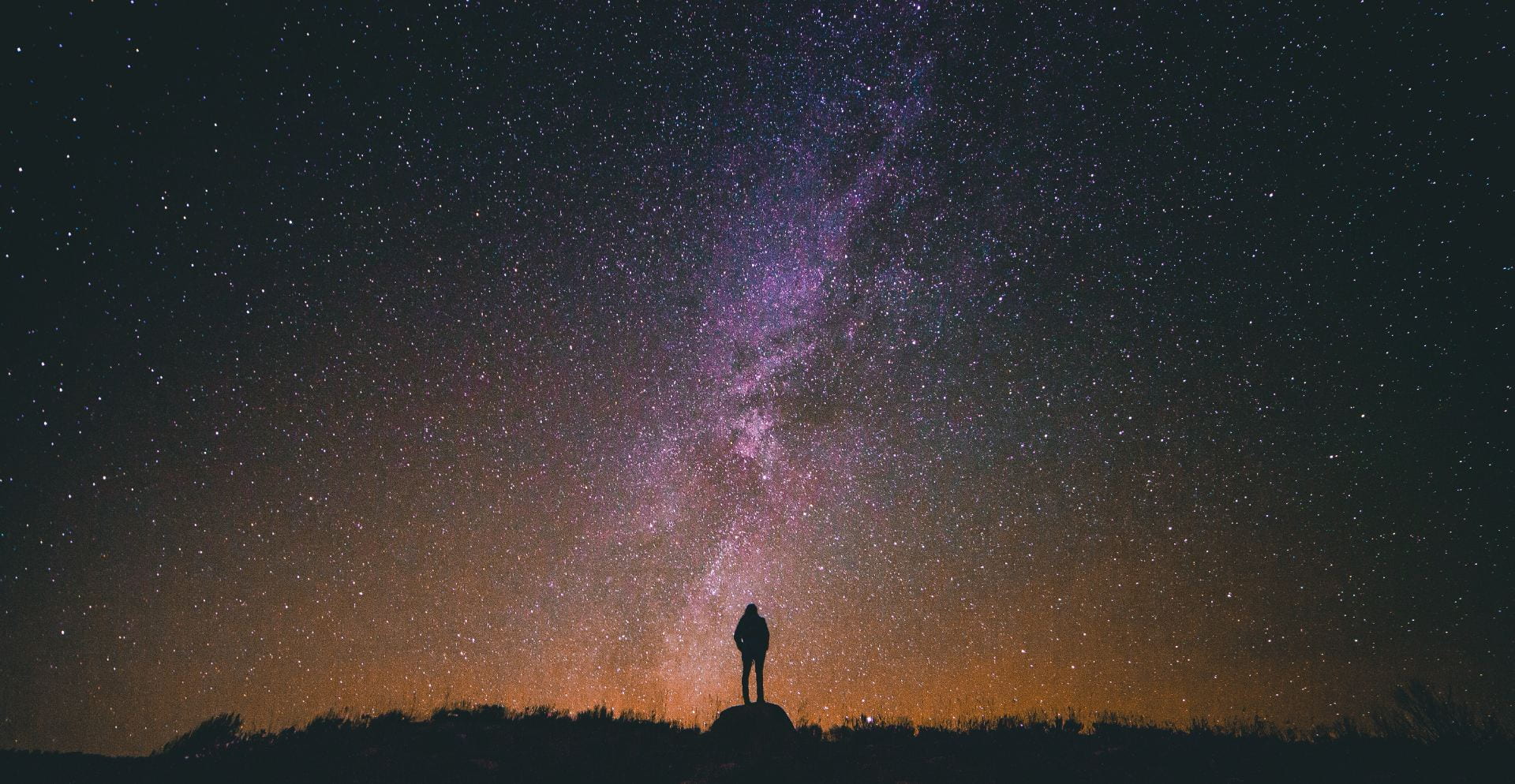
Feature Friday: World Record Light
When I say the word pollution, you’ll probably think of smog rising above factories. Or of plastic floating in the ocean. Maybe you think about contaminated soil. But do you think about light pollution?
Light pollution is typically when artificial light is in excess or is misdirected, and washes out the stars in the night sky above. It not only wastes energy, but it interferes with astrological research, disrupts ecosystems and impacts the health of humans and other animals.
Light pollution can be observed from space by seeing how much light carries out to space. But this only gives scientists half of the story – the other half is what the light pollution does to block the view of the stars from here on Earth.

The Globe at Night program is an international citizen-science campaign to raise public awareness of the impact of light pollution by inviting citizen-scientists to measure their night sky brightness and submit their observations from a computer or smart phone. They have collected more than 180,000 measurements from people across 180 countries over the last 12 years. But there are some gaps in their data: observations from Australia are seriously lacking.
So, you might be wondering, what’s the best way to engage Australians in citizen-science?

a Guinness World Record, are you in?
Yep, you guessed it, an official attempt for a World Record!
This Sunday the 21st of June (the longest night of the year in the Southern Hemisphere), The Australian Dark Sky Alliance are attempting the World Record of “most users to take an online environmental sustainability lesson in 24 hours”. The #WorldRecordLight challenge involves doing a 30-minute online lesson about light pollution, and then the fun part: you go out and make a night sky observation from wherever you are! By participating, you’re not only expanding your own knowledge and awareness of a serious environmental issue, you’re also contributing directly to science, and as a total bonus, might get the bragging rights of saying you are part of a World Record!
You can participate for free, or for $3 you can get an official world record certificate, as well as go into the draw for prizes if you’re in Australia or New Zealand.

I hope to see some of you there, let’s work together to boost this epic SciComm challenge, and get that World Record! (Seriously team get on it, I want this official certificate!!)
If you’d like to read some more, check out this article from The Pursuit “Where have all the stars gone?” co-written by our own living legend Dr Jen Martin.
– Article by Rosie Arnold
Categories